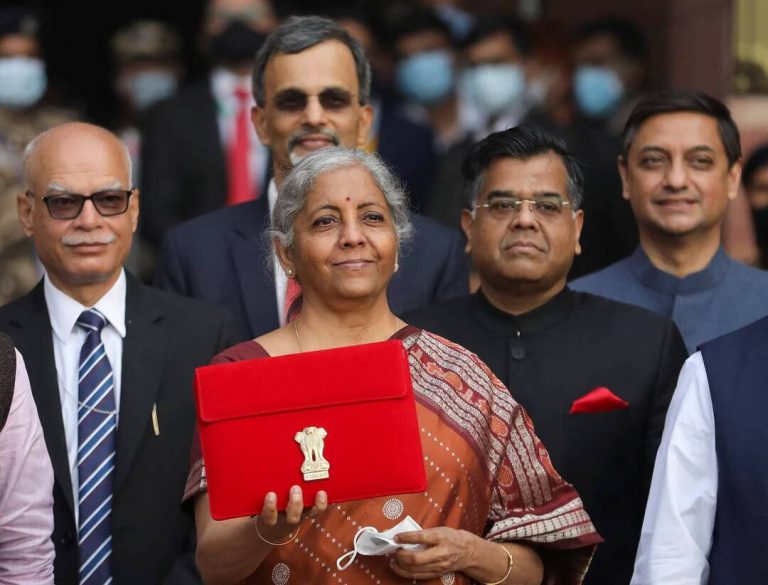
Wales snaps & leaves interview after host asks, ‘You’re Wikipedia’s Founder or Co-Founder?’
In a shocking turn of events, Jimmy Wales, the founder of Wikipedia, lost his cool during a recent podcast interview. The conversation took a dramatic turn when the host asked Wales if he was the founder or co-founder of the online encyclopedia. Wales, who had introduced himself as the founder of Wikipedia, took offense to the question and snapped at the host, calling it “the dumbest question in the world.” The situation escalated quickly, and Wales walked out of the interview in less than a minute.
The controversy surrounding Wales’ role in the founding of Wikipedia is not new. Larry Sanger, who is often credited as the co-founder of Wikipedia, has been involved in a long-standing dispute with Wales over the extent of his contributions to the project. While Sanger claims to have played a significant role in the development of Wikipedia, Wales has contested his assertions, downplaying his involvement.
The podcast host’s question, although seemingly innocuous, touched a raw nerve with Wales. By asking if he was the founder or co-founder, the host was, in effect, acknowledging the controversy surrounding Sanger’s role in the project. Wales, who has consistently maintained that he is the sole founder of Wikipedia, took umbrage with the implication that Sanger’s contributions were significant enough to warrant co-founder status.
Wales’ reaction to the question was swift and intense. “It’s the dumbest question in the world,” he said, his voice rising in indignation. The host, taken aback by Wales’ response, attempted to clarify the question, but Wales was having none of it. He reiterated his position as the founder of Wikipedia, emphasizing that he had no interest in engaging in a discussion about Sanger’s role in the project.
As the host continued to press the issue, Wales’ frustration grew. He became increasingly agitated, his tone growing more confrontational. Finally, he had had enough. “I’m not going to sit here and talk about this,” he said, standing up and gathering his belongings. “This is ridiculous.” With that, he stormed out of the interview, leaving the host and the audience stunned.
The incident has sparked a lively debate about the role of founders and co-founders in the development of successful projects. While some have defended Wales’ reaction, arguing that he has every right to define his own role in the founding of Wikipedia, others have criticized his behavior as arrogant and dismissive.
Sanger, who has been vocal about his contributions to Wikipedia, has weighed in on the controversy, suggesting that Wales’ reaction was motivated by a desire to erase his role in the project’s history. “Jimmy has always been sensitive about the fact that I was involved in the early days of Wikipedia,” Sanger said in a statement. “He has consistently tried to downplay my contributions and minimize my role in the project’s development.”
The incident has also raised questions about the importance of acknowledging the contributions of all team members, regardless of their role or status. While Wales may be the public face of Wikipedia, it is clear that the project’s success is the result of the efforts of many individuals, including Sanger.
In the end, the controversy surrounding Wales’ role in the founding of Wikipedia serves as a reminder that the history of successful projects is often complex and multifaceted. While Wales may be the founder of Wikipedia, it is clear that the project’s development involved the contributions of many individuals, each with their own unique perspective and experience.
As the debate surrounding Wales’ reaction continues to unfold, one thing is clear: the story of Wikipedia’s founding is far more nuanced and complicated than a simple question of who was the founder or co-founder. It is a story that involves the contributions of many individuals, each with their own role to play in the project’s development and success.




